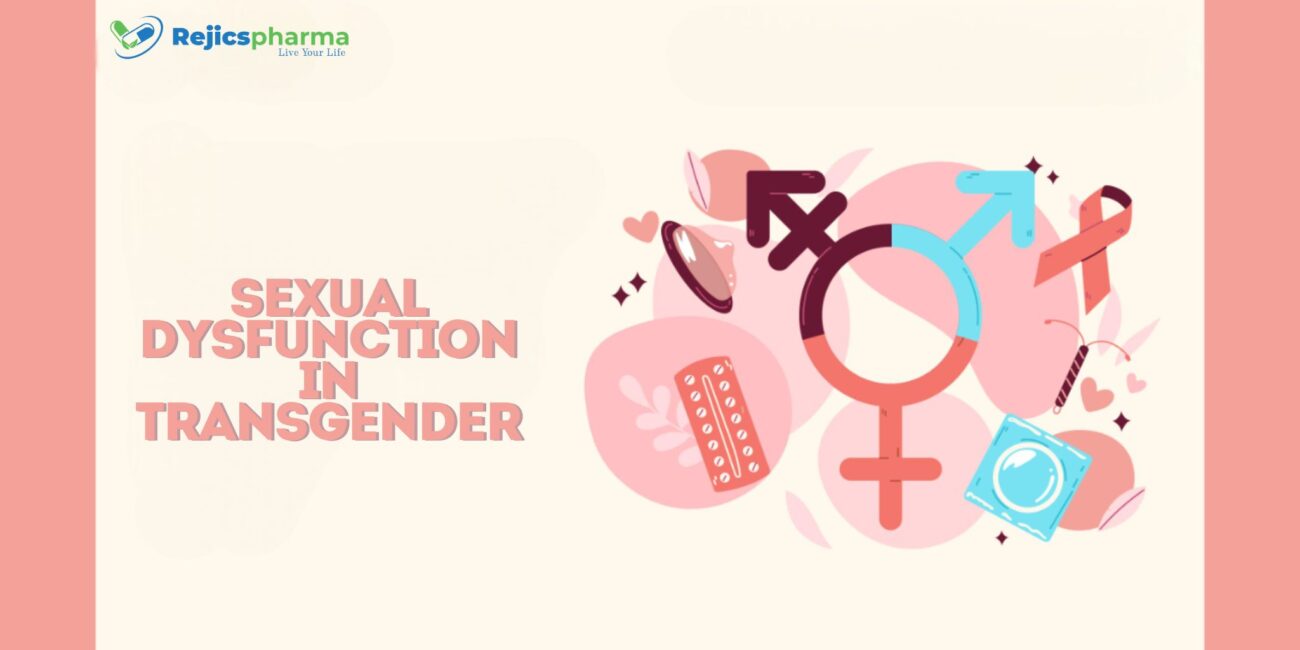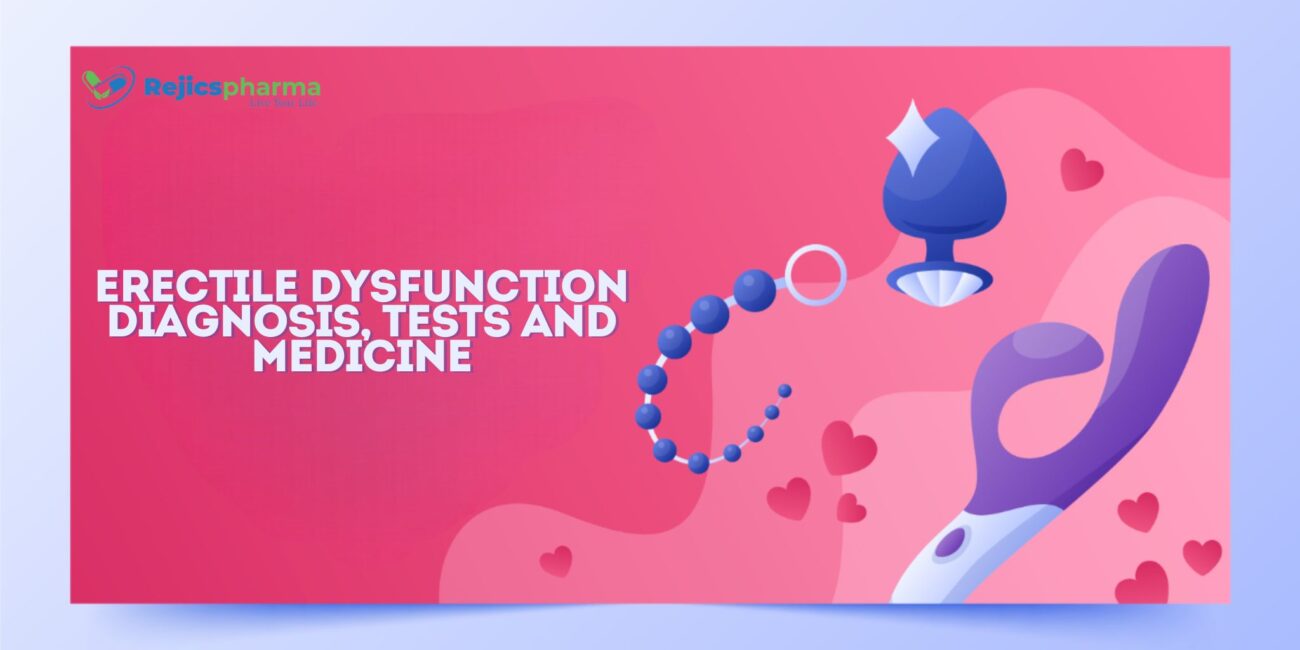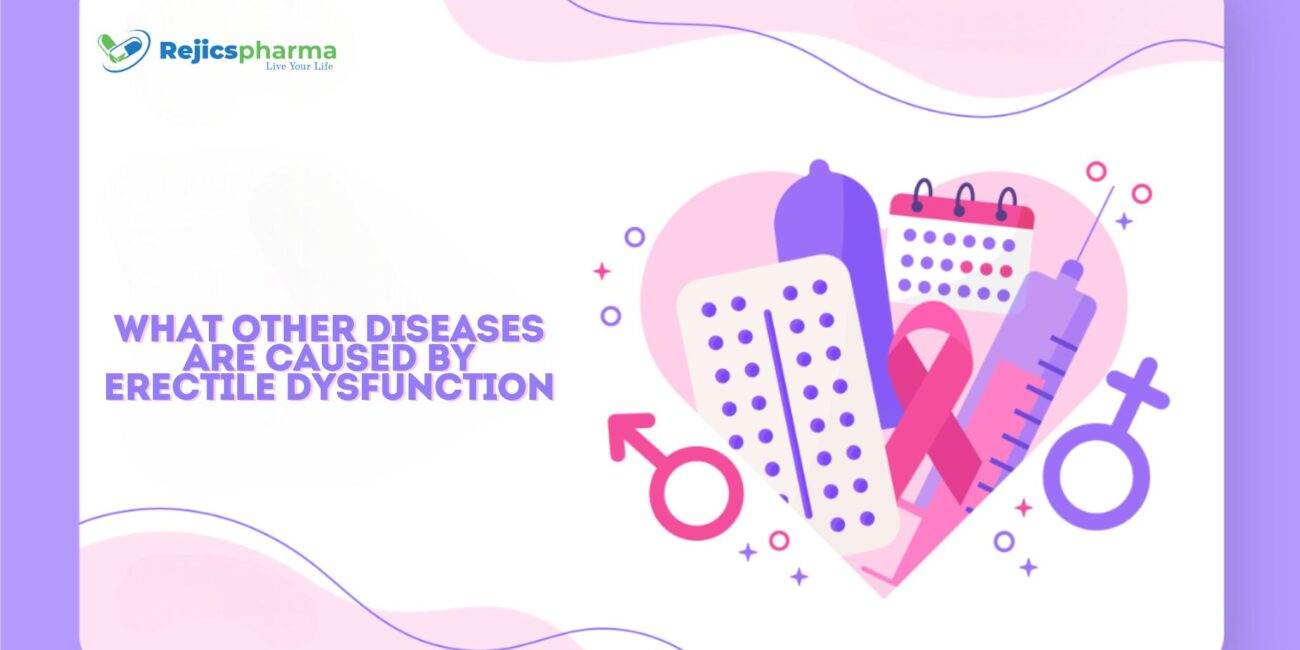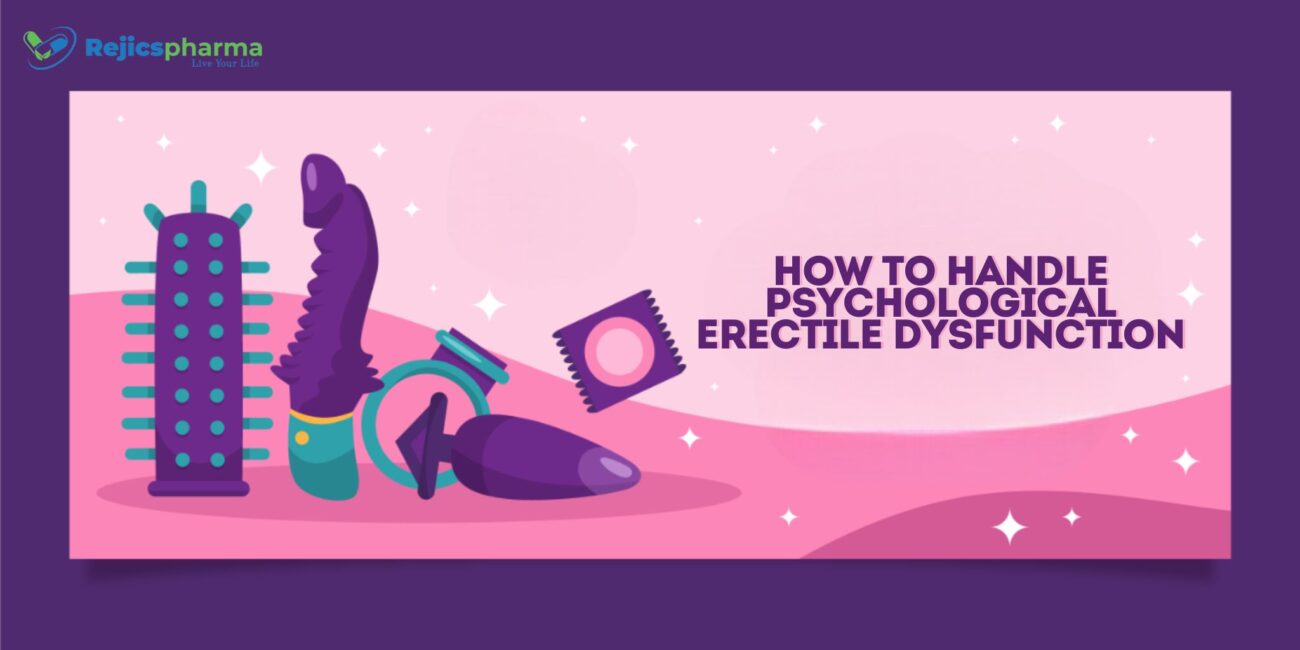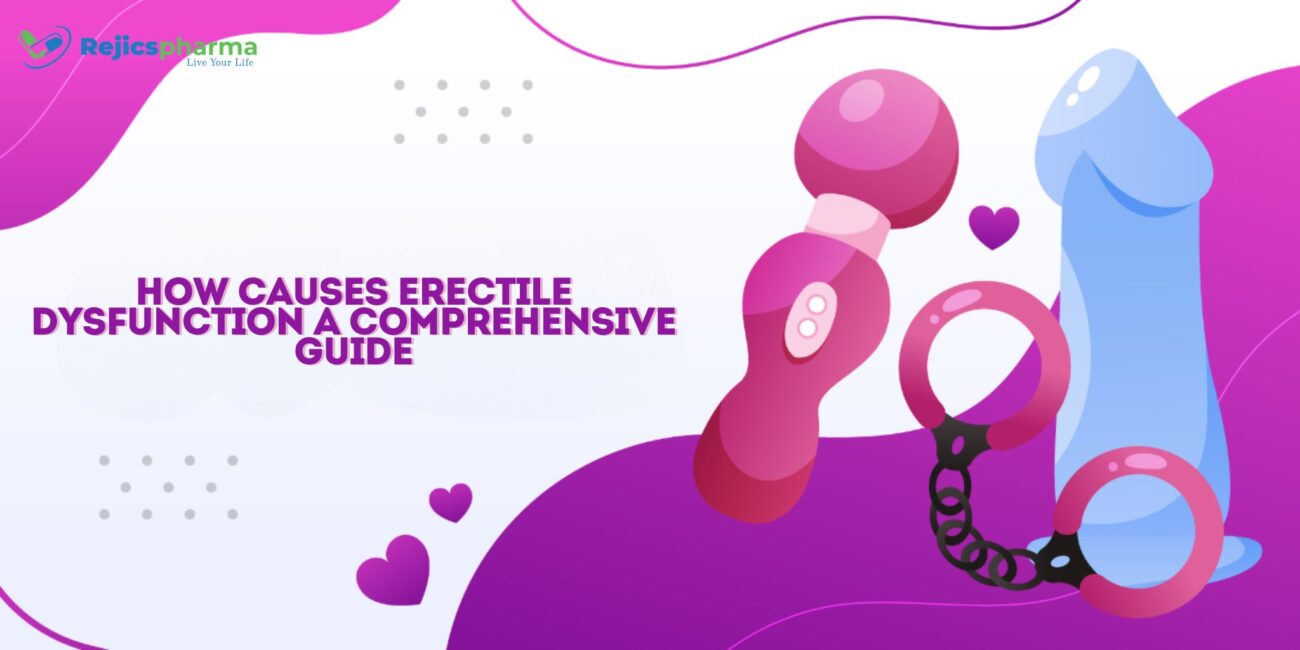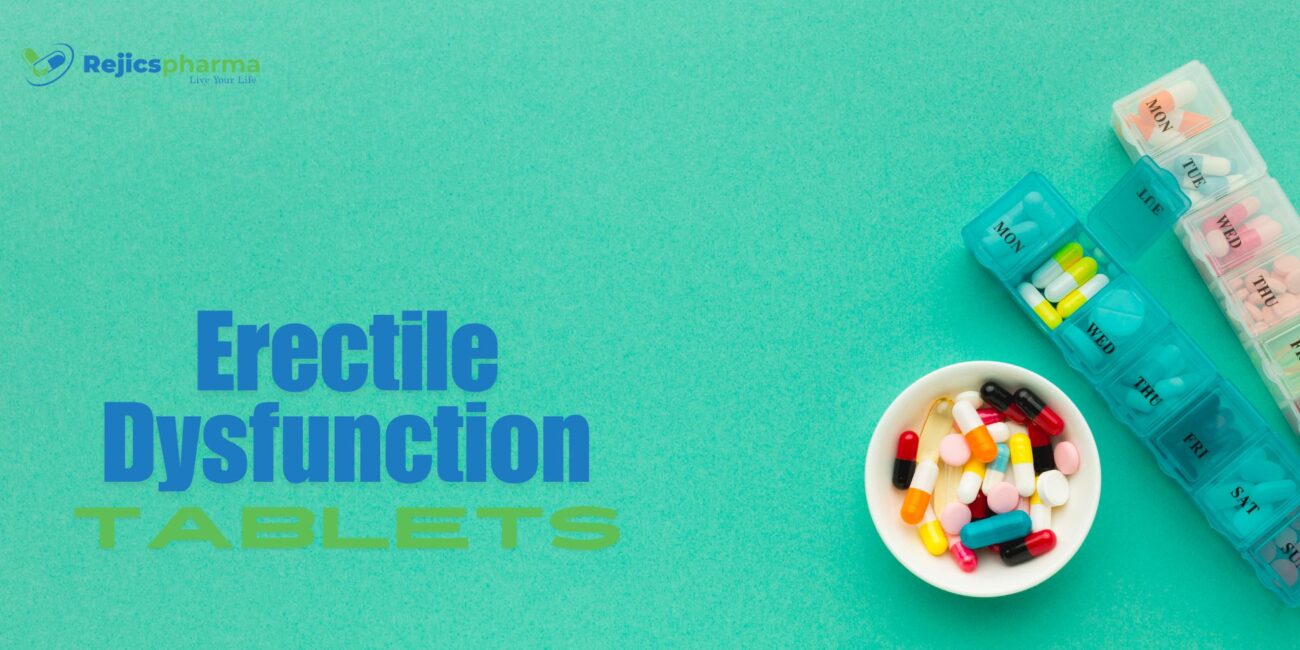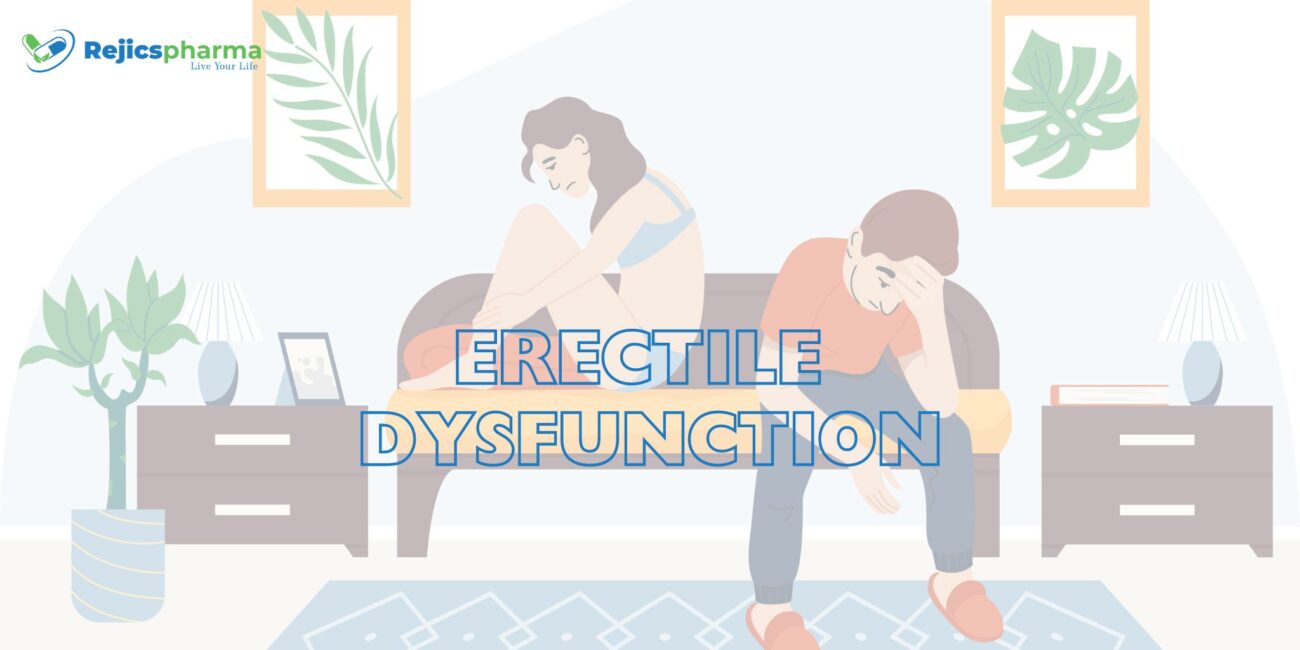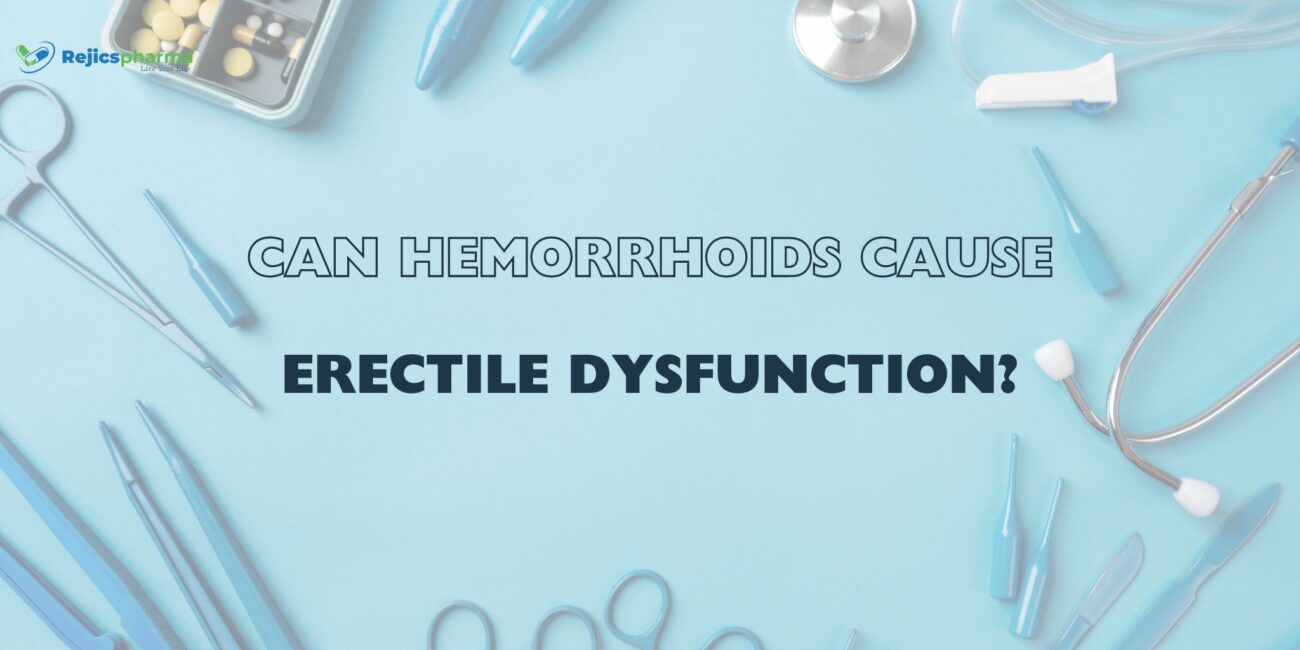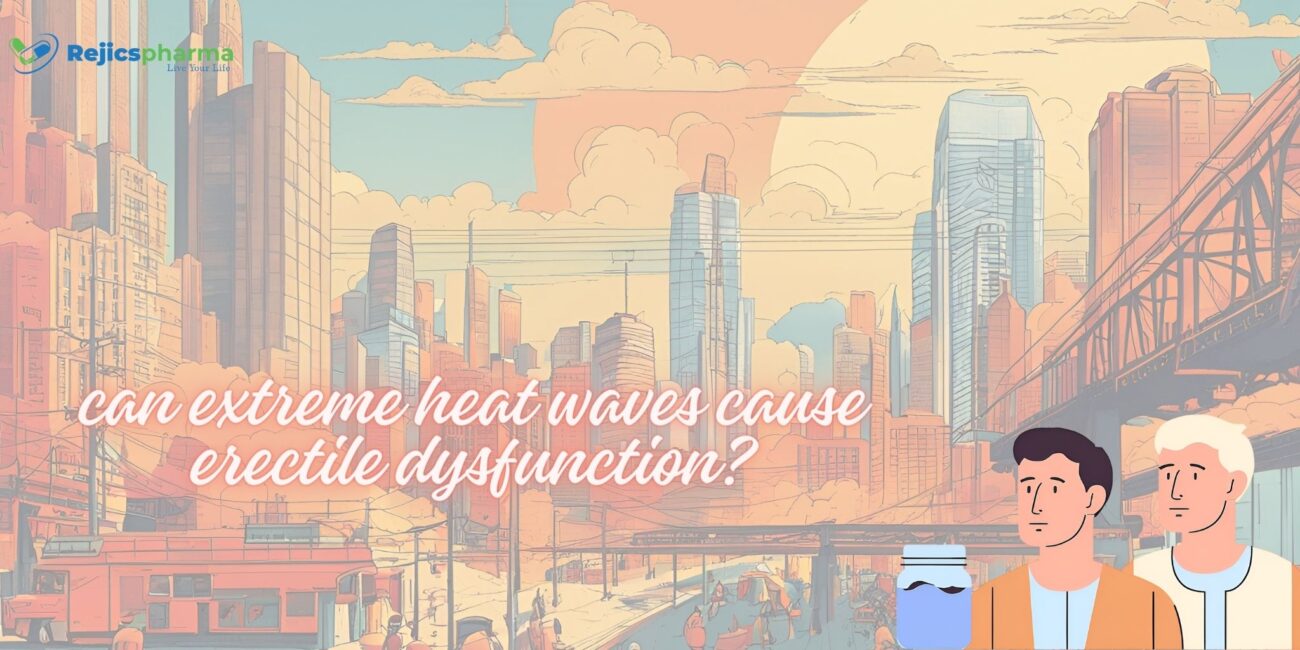In the modern world, the incidence of obesity has reached alarming proportions. As our lifestyles become increasingly sedentary and diets more calorie-dense, obesity rates have skyrocketed. Alongside this epidemic, another health issue, often considered taboo, has been on the rise: erectile dysfunction (ED). While these two conditions may seem unrelated at first glance, a growing body of research has established a clear connection between obesity cause erectile dysfunction. In this blog, we will explore how obesity contributes to erectile dysfunction, examine the underlying mechanisms, and discuss potential solutions.
Understanding Obesity
Obesity is characterized by an excessive accumulation of body fat, commonly assessed using the Body Mass Index (BMI). This condition is not merely a cosmetic concern but a serious health issue that significantly increases the risk of various diseases, including heart disease, diabetes, and certain cancers.
The rise in obesity can be attributed to several factors:
- Poor Diet: Increased consumption of high-calorie, low-nutrient foods.
- Insufficient Physical Activity: Inactive lifestyles lead to increased weight gain.
- Genetic Predisposition: Genetics can influence how our bodies store and process fat.
- Socioeconomic Factors: Access to healthy food and opportunities for physical activity often vary with socioeconomic status.
Erectile Dysfunction: An Overview
Erectile dysfunction is the inability to attain or sustain an erection adequate for satisfactory sexual activity. ED can be a distressing condition, impacting a man’s self-esteem, relationships, and overall quality of life. Its prevalence increases with age, but it can affect men of all ages.
The causes of erectile dysfunction are multifaceted and can be classified into physical and psychological categories:
- Physical Causes: Cardiovascular disease, diabetes, hypertension, hormonal imbalances, and obesity.
The Link Between Obesity and Erectile Dysfunction
Numerous studies have demonstrated a strong link between obesity and erectile dysfunction. Obesity can affect erectile function through several mechanisms:
Hormonal Imbalances:
- Obesity often leads to lower levels of testosterone, the primary male sex hormone. Low testosterone can reduce libido and impair erectile function.
- Increased levels of estrogen, due to the aromatization of testosterone in fat tissue, can further disrupt the hormonal balance necessary for erectile function.
Cardiovascular Health:
- Good cardiovascular health is crucial for erectile function, as erections depend on adequate blood flow to the penis.
- Atherosclerosis (hardening of the arteries) can result from obesity, leading to reduced blood flow and increasing the risk of ED.
Diabetes:
- Obesity is a leading cause of type 2 diabetes, which can damage the nerves and blood vessels involved in achieving an erection.
- Diabetic men are more likely to suffer from erectile dysfunction, with studies showing that ED is present in up to 75% of men with diabetes.
Inflammation:
- Obesity is associated with chronic low-grade inflammation, which can damage blood vessels and impair endothelial function, essential for erections.
- Inflammatory markers, such as C-reactive protein (CRP), are often elevated in obese individuals and are linked to an increased risk of erectile dysfunction.
Psychological Factors:
- Obesity can negatively affect mental health, leading to depression, anxiety, and low self-esteem, all of which can contribute to erectile dysfunction.
- The social stigma and emotional burden associated with obesity can also lead to performance anxiety and further exacerbate ED.
Mechanisms Linking Obesity to Erectile Dysfunction
To understand the connection between obesity and erectile dysfunction, it’s important to delve deeper into the physiological mechanisms involved.
Endothelial Dysfunction:
- The endothelium, a thin layer of cells lining the blood vessels, plays a vital role in vascular health. Endothelial dysfunction, often caused by obesity, impairs the ability of blood vessels to dilate properly.
- Nitric oxide (NO), a molecule essential for vasodilation and hence erections, is produced by endothelial cells. In obese individuals, the production and activity of NO are often impaired, leading to inadequate blood flow to the penis.
Insulin Resistance:
- Obesity is closely linked to insulin resistance, a condition where the body’s cells become less responsive to insulin, leading to elevated blood sugar levels.
- Insulin resistance and the resulting hyperglycemia can damage blood vessels and nerves, crucial for erectile function.
Oxidative Stress:
- Obesity increases oxidative stress, a condition characterized by excessive free radicals that can damage cells and tissues.
- Oxidative stress can lead to endothelial dysfunction and impair the mechanisms necessary for achieving and maintaining an erection.
Addressing Obesity to Combat Erectile Dysfunction
Given the strong link between obesity and erectile dysfunction, addressing obesity can significantly improve erectile function. Here are some strategies:
Diet and Nutrition:
- Adopting a balanced diet rich in fruits, vegetables, whole grains, lean proteins, and healthy fats can help reduce body weight and improve overall health.
- Avoiding processed foods, sugary drinks, and excessive alcohol is crucial.
Regular Physical Activity:
- Engaging in regular physical activity, such as walking, cycling, swimming, or strength training, can help burn calories, reduce weight, and improve cardiovascular health.
- Exercise also boosts endorphin levels, improving mood and reducing stress, which can positively impact erectile function.
Medical Interventions:
- In some cases, medications or surgical interventions may be necessary to address severe obesity. Bariatric surgery, for example, has been shown to improve erectile function in morbidly obese individuals.
- Medications to manage underlying conditions, such as diabetes or hypertension, can also help mitigate the impact of these conditions on erectile function.
Psychological Support:
- Counseling or therapy can be beneficial for addressing the psychological aspects of both obesity and erectile dysfunction.
- Cognitive-behavioral therapy (CBT) and other therapeutic methods can aid in managing stress, anxiety, and depression.
Lifestyle Changes:
- Quitting smoking and reducing alcohol consumption can significantly improve both cardiovascular and erectile health.
- Ensuring adequate sleep and managing stress through mindfulness, yoga, or other relaxation techniques can also contribute to better overall health and erectile function.
Conclusion
The connection between obesity and erectile dysfunction is undeniable and multifaceted. Obesity, through its impact on hormones, cardiovascular health, and psychological well-being, significantly increases the risk of erectile dysfunction. However, the good news is that by addressing obesity through lifestyle changes, diet, exercise, and medical interventions, men can improve their erectile function and overall health.
It’s essential for individuals struggling with obesity and erectile dysfunction to seek professional help. Healthcare providers can offer personalized guidance and treatment options to address these intertwined conditions effectively. By taking proactive steps to manage weight and improve health, men can enhance their quality of life and regain confidence in their sexual health.


